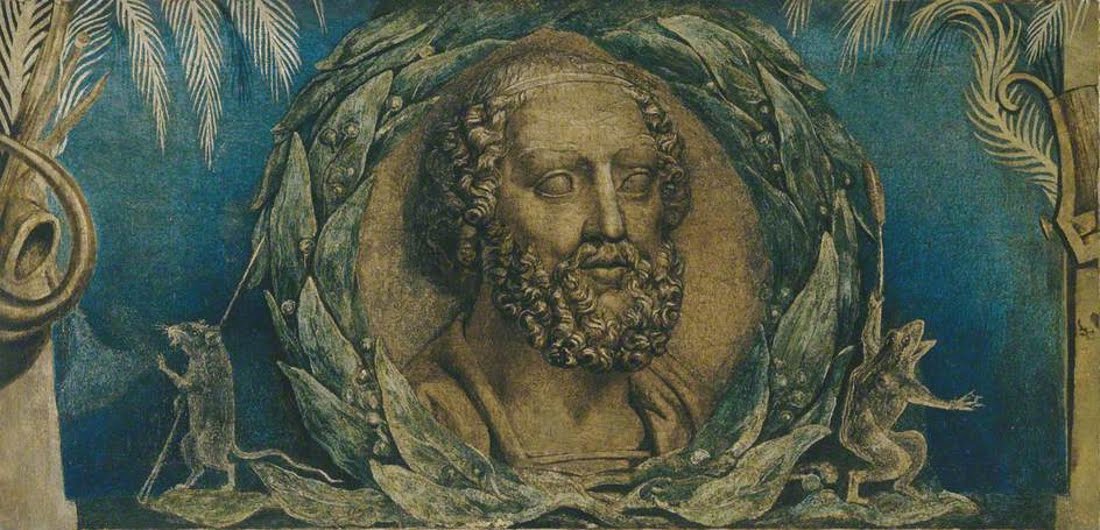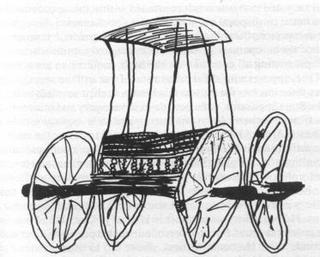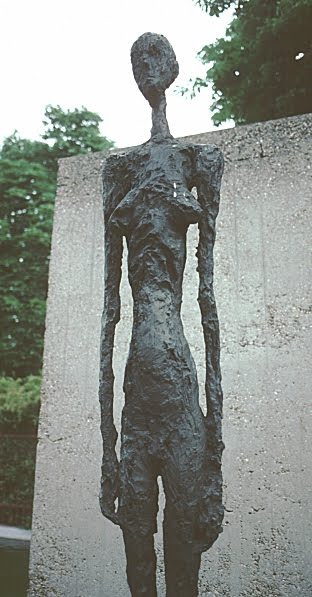--------------------- preserving them conversations _________||||||||||||||||||||||||||
the Scanlan controversy and the scale of this particular thread make it notable, but as Rhizome's Community Manager, I witness important conversations on Facebook every day. And they're all totally precarious. What we could identify as a significant body of critical writing is reliant on a
monolith, one with a billion users, one that seems vast and infallible—as vast and infallible as, say,
MySpace or Geocities once felt. One day Facebook will either cease to exist or have evolved to a
point where its "legacy" content can no longer be maintained.
So if we can't rely on Facebook to do the job, how will this valuable material be preserved? This is something we've discussed at some length at Rhizome, where digital legacy is a frequent topic of conversation. According to our digital conservator Dragan Espenschied, this is a particularly complex problem because Facebook conversations aren't objects, which can be easily captured and stored, but practices performed by human users and software.
"All of the detail of this conversation is in who liked whom and who is friends with whom," Dragan
notes. Every thread can be liked, as can individual comments. In the case of the Scanlan/Woolford, thread likes can indicate basic endorsement of the conversation, whereas comment likes can delineate affiliation around a given position.






